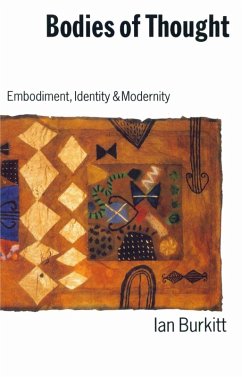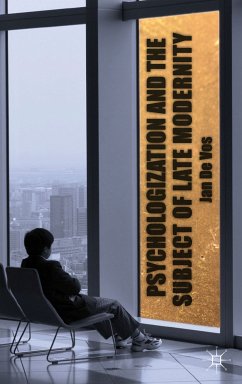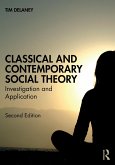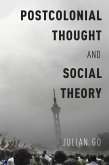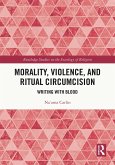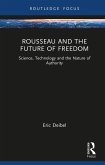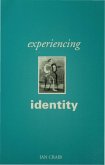In this incisive and truly impressive book, Ian Burkitt critically addresses the dualism between mind and body, thought and emotion, rationality and irrationality, and the mental and the material, which haunt the post-Cartesian world.
Drawing on the work of contemporary social theorists and feminist writers, he argues that thought and the sense of being a person is inseparable from bodily practices within social relations, even though such active experience may be abstracted and expanded upon through the use of symbols. Overcoming classic dualisms in social thought, Burkitt argues that bodies are not purely the constructs of discourses of power: they are also productive, communicative, and invested with powerful capacities for changing the social and natural worlds. He goes on to consider how such powers can be developed in more ethical forms of relations and activities.
Drawing on the work of contemporary social theorists and feminist writers, he argues that thought and the sense of being a person is inseparable from bodily practices within social relations, even though such active experience may be abstracted and expanded upon through the use of symbols. Overcoming classic dualisms in social thought, Burkitt argues that bodies are not purely the constructs of discourses of power: they are also productive, communicative, and invested with powerful capacities for changing the social and natural worlds. He goes on to consider how such powers can be developed in more ethical forms of relations and activities.
Dieser Download kann aus rechtlichen Gründen nur mit Rechnungsadresse in A, D ausgeliefert werden.
`The work develops and articulates a brilliant and original central thesis; namely that modern individuals are best understood as complex bodies of thought, as embodied symbolic and material beings. Future work on mind, self, body, society and culture will have to begin with Burkitt's text' - Norman K. Denzin, University of Illinois
`After his excellent Social Selves, Ian Burkitt has produced a new theory of embodiment which will become required reading for those working in the areas of social theory, sociology, cultural studies and social psychology. Steering between constructionist and realist theories of the social actor, Bodies of Thought provides an innovative assessment of Foucaultian, Eliasian, and feminist approaches to the body and a sustained critique of Cartesian notions of the subject' - Chris Shilling, University of Portsmouth
`After his excellent Social Selves, Ian Burkitt has produced a new theory of embodiment which will become required reading for those working in the areas of social theory, sociology, cultural studies and social psychology. Steering between constructionist and realist theories of the social actor, Bodies of Thought provides an innovative assessment of Foucaultian, Eliasian, and feminist approaches to the body and a sustained critique of Cartesian notions of the subject' - Chris Shilling, University of Portsmouth

